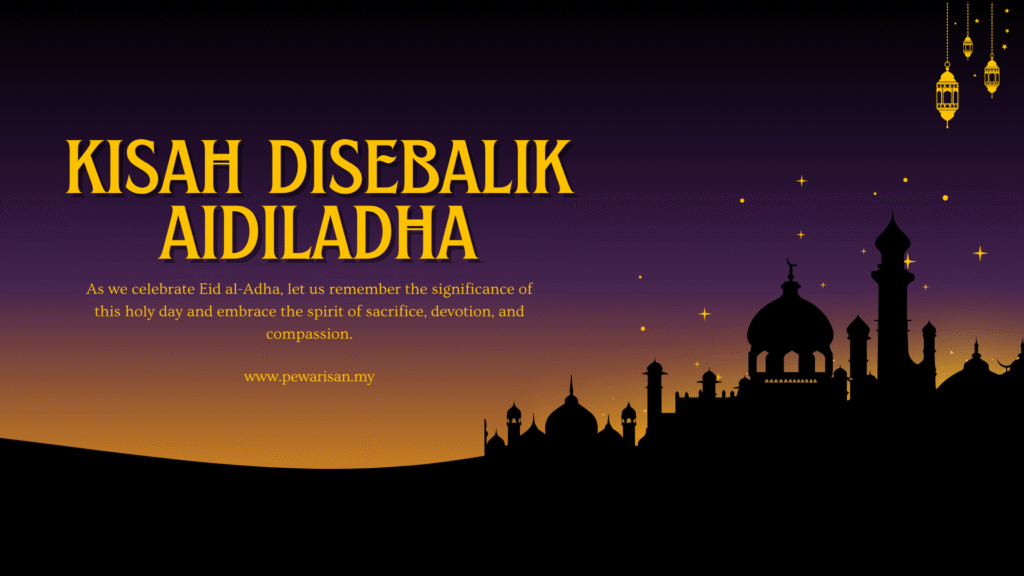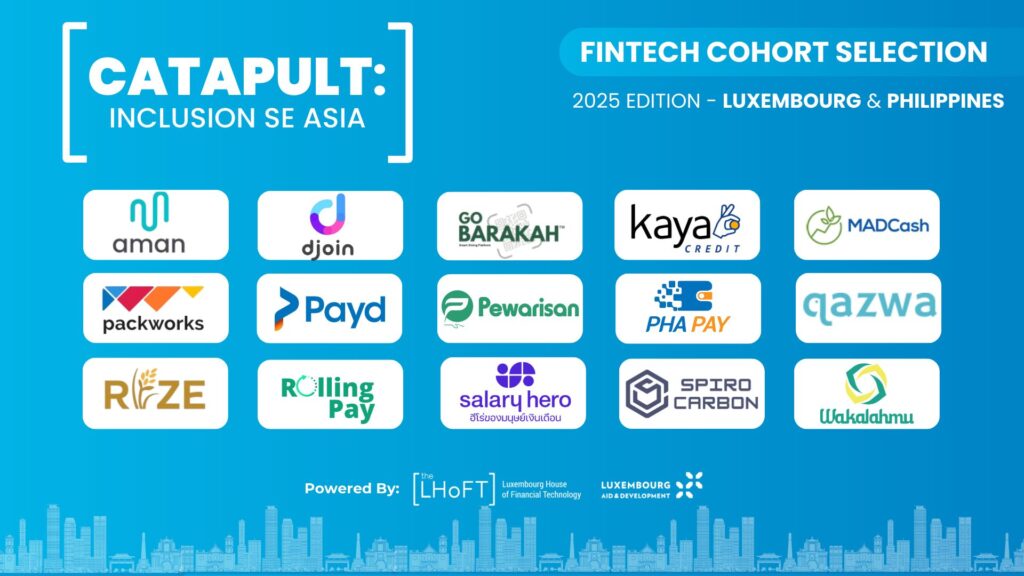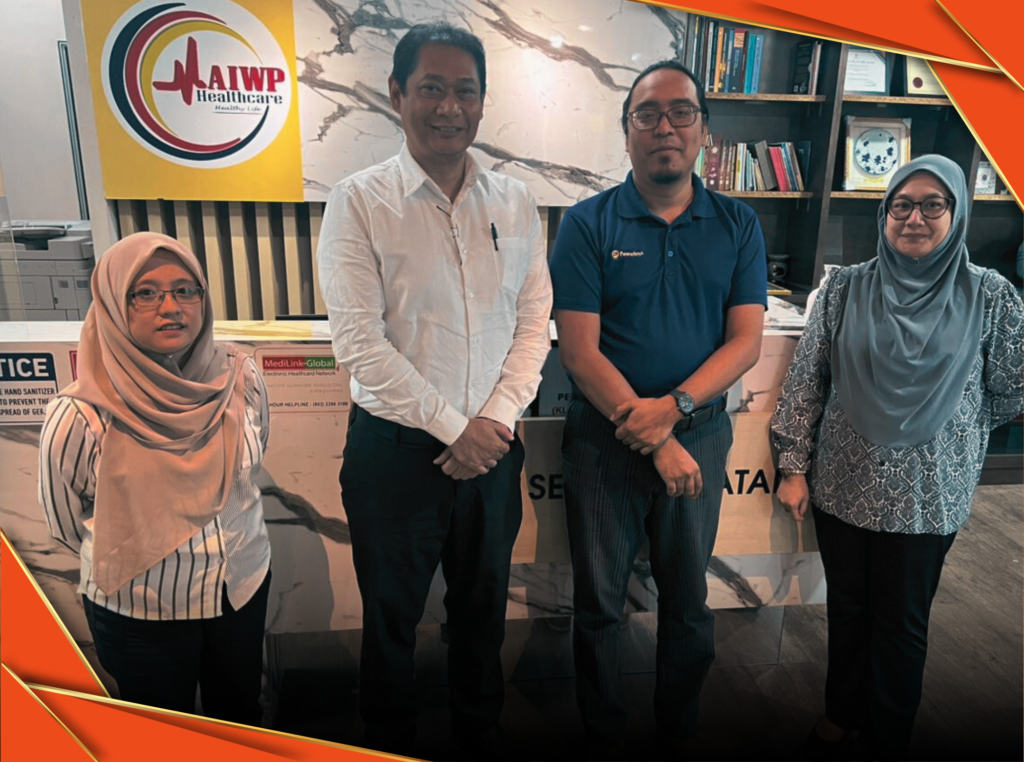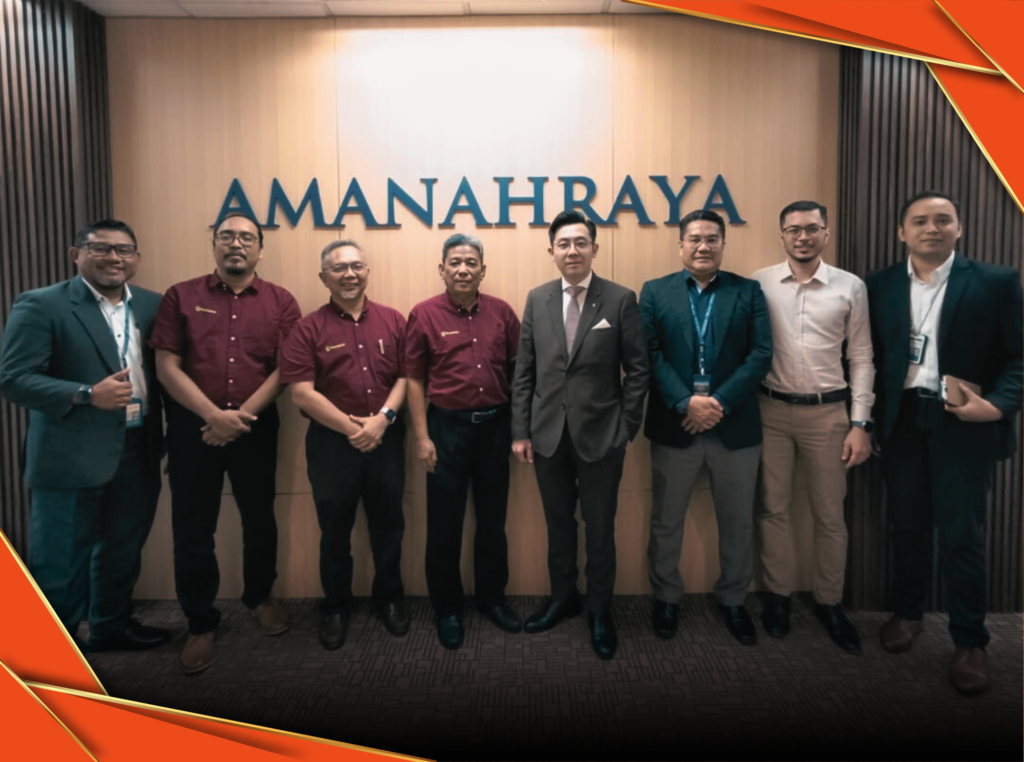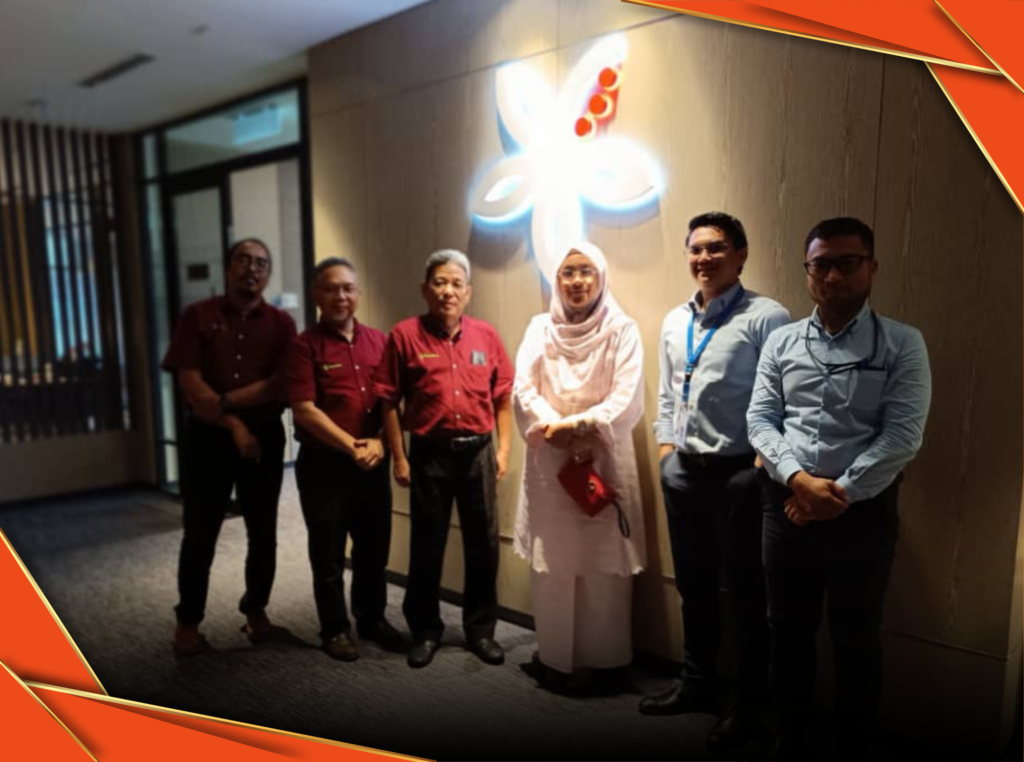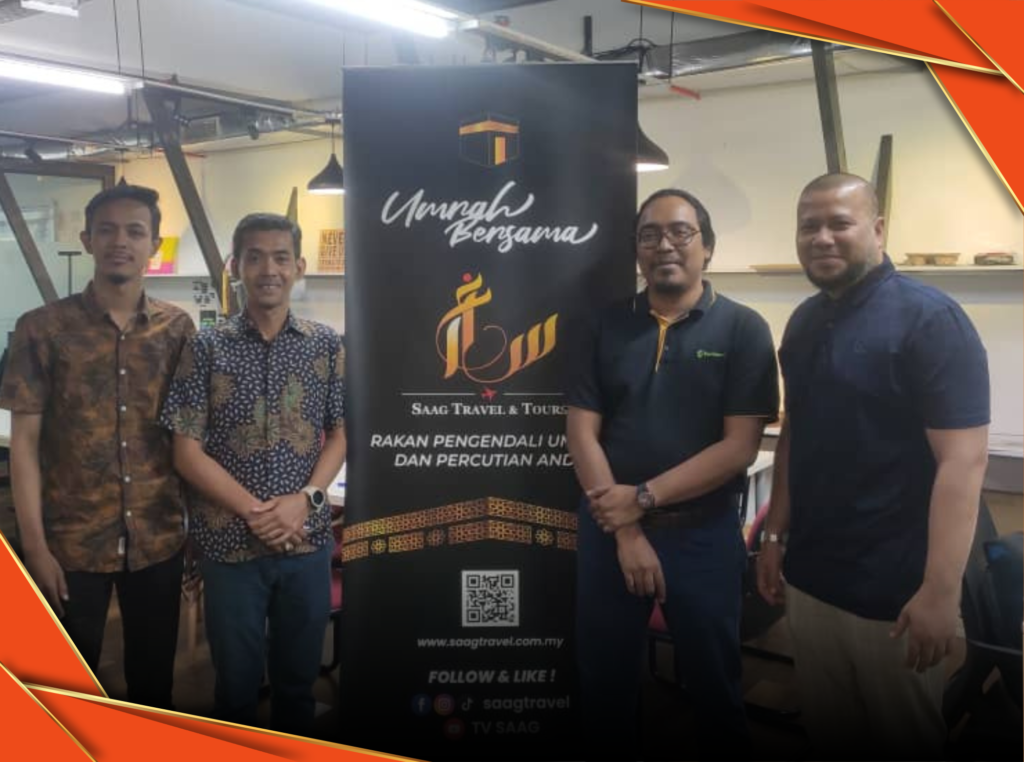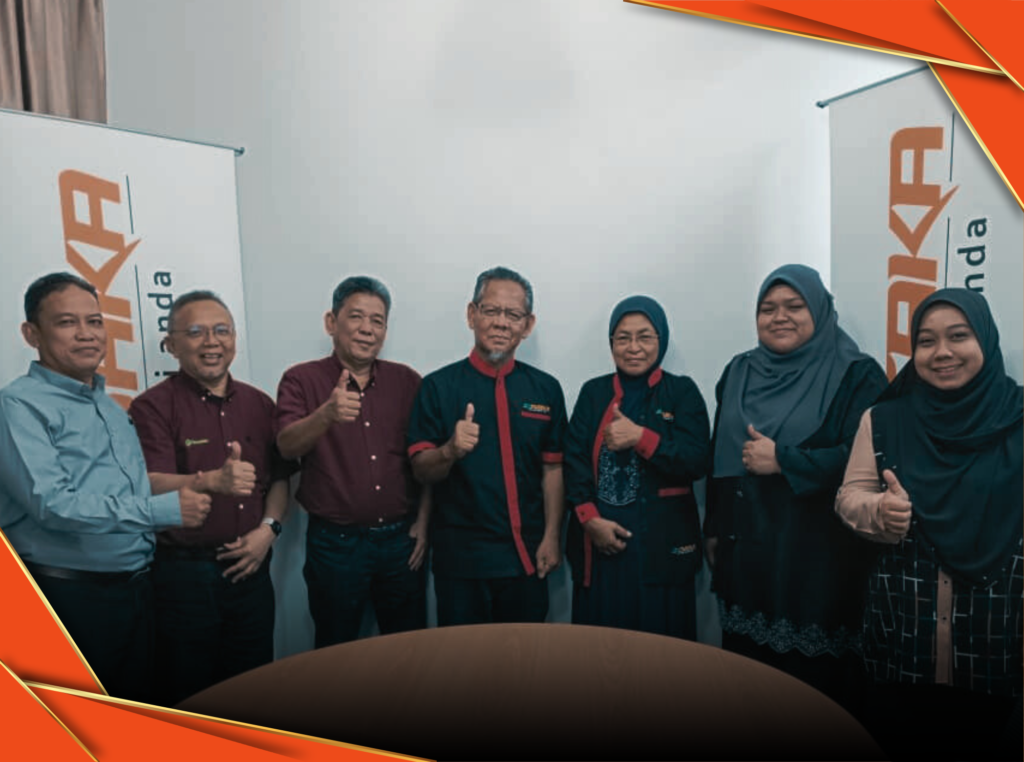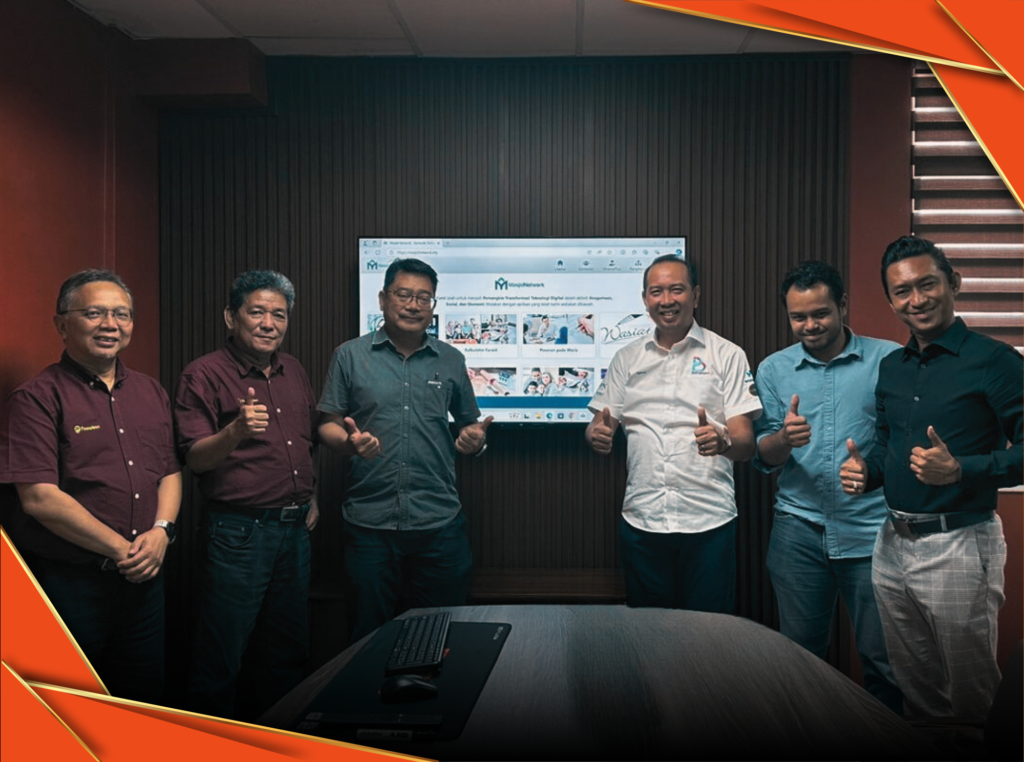Essential Things You Must Know About Inheritance (Harta Pusaka) and Faraid Law in Malaysia
Managing inheritance (harta pusaka) is a crucial responsibility for Muslims, as it involves the proper distribution of assets left by a deceased person. In Islamic law, Faraid plays an essential role in guiding this process, ensuring that inheritance is divided fairly and in accordance with Shariah principles.
This article will explain the concept of harta pusaka (inheritance), the types of assets involved, the fundamentals of Faraid law, and the procedures for inheritance distribution in Malaysia.
✅ What is Harta Pusaka (Inheritance)?
Harta pusaka refers to all forms of assets left behind by a deceased person, including:
- Movable assets: such as cash, savings accounts, shares, vehicles.
- Immovable assets: such as land, houses, buildings.
These assets must be properly managed and distributed to rightful heirs according to Islamic inheritance laws.
✅ What is Faraid Law?
Faraid is the Islamic law of inheritance established by Allah SWT through the Quran and Hadith. Its main purpose is to ensure that each heir receives their rightful share while preventing family disputes.
➤ Who are the eligible heirs under Faraid?
- Male heirs: father, son, husband.
- Female heirs: mother, daughter, wife.
➤ How does Faraid distribution work?
The division depends on the heirs left behind. For example:
- If the deceased leaves behind a wife and a son, the wife is entitled to 1/8 of the estate, and the son receives the remaining share.
For more info on Faraid calculations and personalized inheritance planning, visit pewarisan.my.
✅ Types of Assets in Inheritance Distribution
Understanding the classification of assets is crucial in the inheritance process:
1. Harta Sepencarian (Matrimonial Property)
Assets jointly acquired during marriage. The spouse’s share must be resolved before applying Faraid distribution.
2. Hibah (Gift during Lifetime)
Assets given unconditionally during the giver’s lifetime. Hibah is not subject to Faraid law.
3. Wasiat (Will)
A person can allocate up to one-third (1/3) of their estate to non-heirs or for charitable purposes via wasiat.
4. Baitulmal (Islamic Treasury)
If the deceased has no heirs, their estate is transferred to Baitulmal for the benefit of the Muslim community.
✅ Step-by-Step: Inheritance (Harta Pusaka) Management Process in Malaysia
Managing inheritance in Malaysia involves several key steps:
1. Application to Relevant Authorities
Three main institutions manage inheritance cases:
- Amanah Raya Berhad
- Land Office (Pejabat Tanah)
- Civil High Court (Mahkamah Tinggi Sivil)
2. Documentation and Death Certificate
Heirs must prepare essential documents such as:
- Death certificate
- Identification documents of heirs
- List of assets and liabilities
3. Determination of Heirs and Faraid Certificate
- Issued by Syariah Court (Mahkamah Syariah).
- Confirms rightful heirs and their shares based on Faraid law.
4. Distribution of Estate
Once the Faraid certificate is obtained, the assets are divided according to Shariah-compliant portions.
✅ Why You Should Plan Your Estate Early
Early estate planning — through Hibah, Wasiat, or Trust (Amanah) — is highly recommended to:
- Avoid family disputes
- Ensure smooth asset distribution
- Protect intended beneficiaries
- Speed up the inheritance process
You can explore estate planning solutions at pewarisan.my for professional advice and personalized services.
✅ Conclusion
Understanding Faraid law and the inheritance management process is essential to ensure that the deceased’s estate is distributed fairly, swiftly, and in accordance with Islamic principles.
Heirs are strongly advised to consult authoritative bodies such as Syariah Court and trust institutions for proper guidance.
By preparing in advance and gaining the right knowledge, family harmony can be preserved, and individual rights are protected under the framework of Islam.
For detailed guidance on inheritance, Hibah, Wasiat, and estate management, visit pewarisan.my.
Want to explore more? Visit masjidnetwork.my for community guides and resources.








